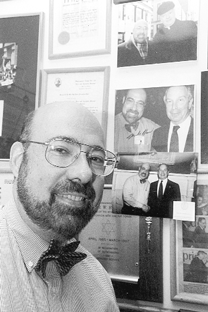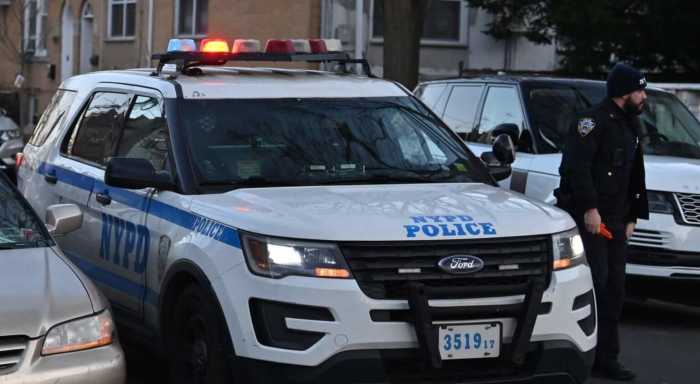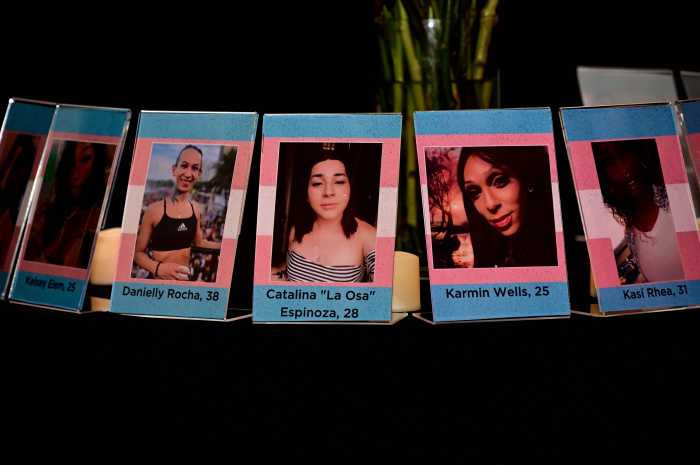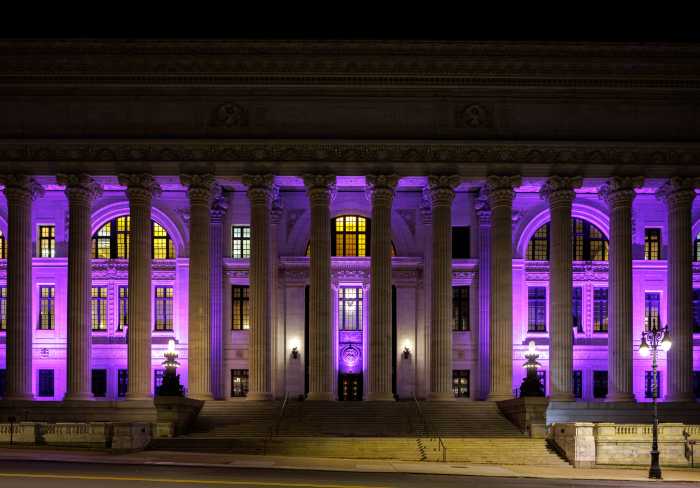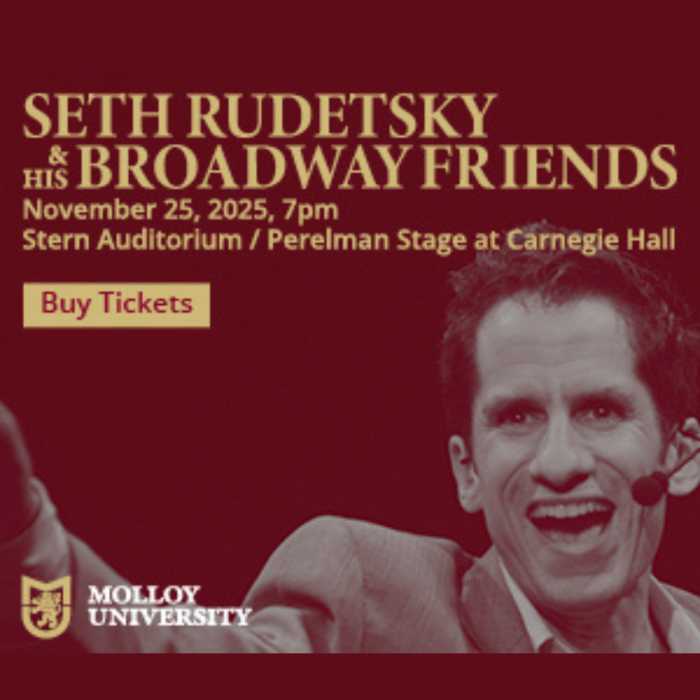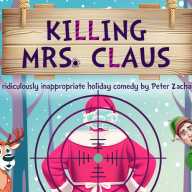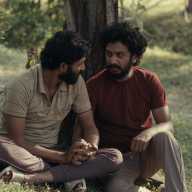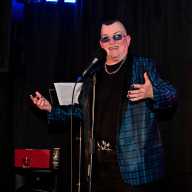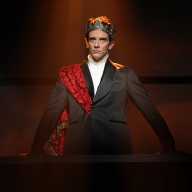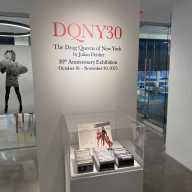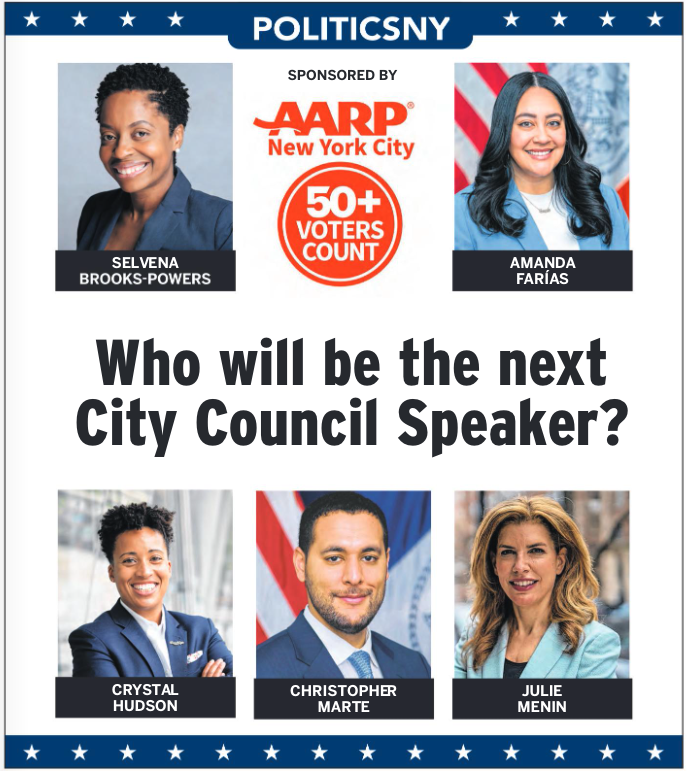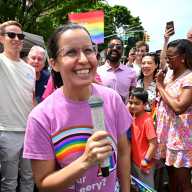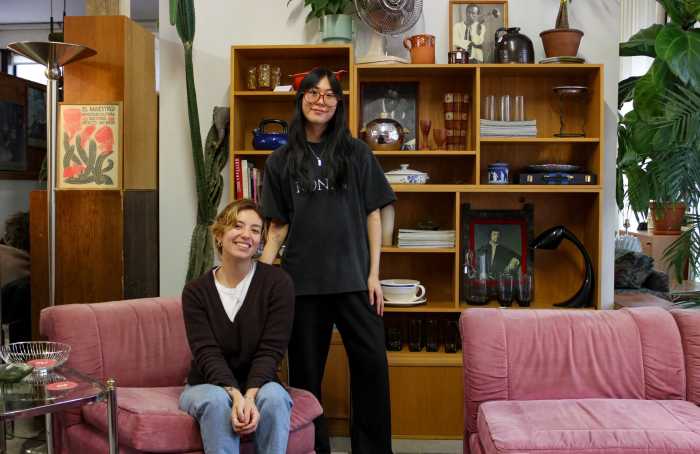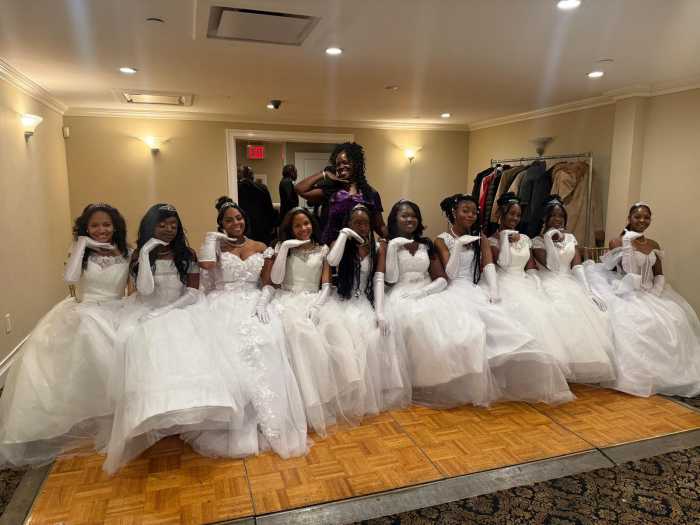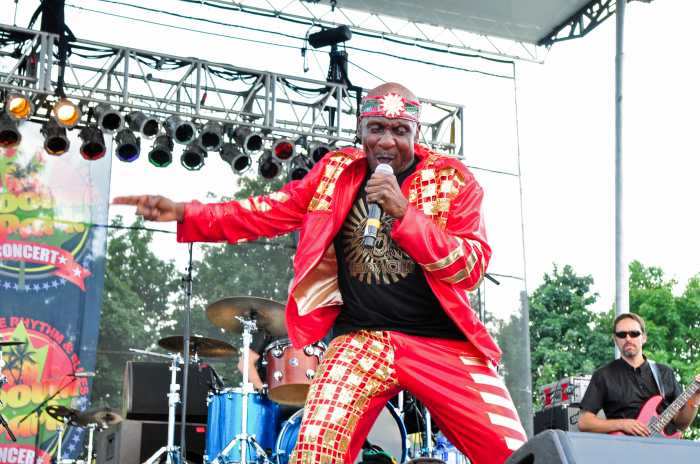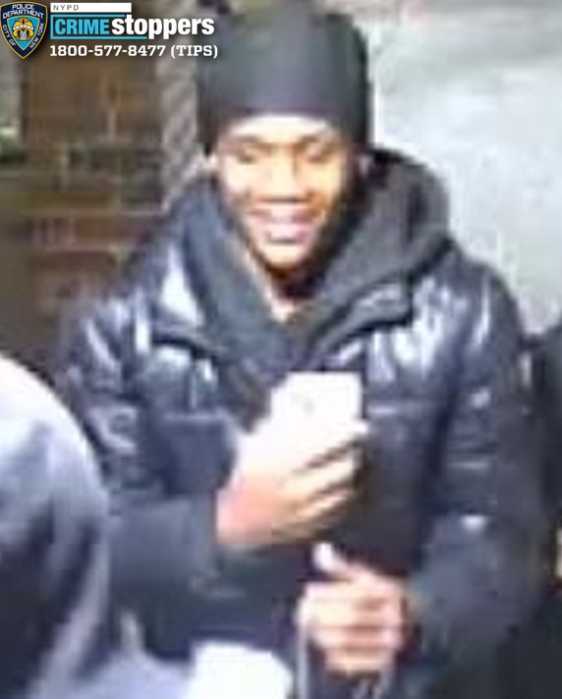Activist on causes from AIDS to Israel, gay rights to Masonic brotherhood
Strickler, who grew up in Brooklyn and got married to a woman along the way, joined Congregation Beth Simchat Torah, the city’s lesbian and gay synagogue, in 1975 and became one of its most active members, eventually serving as chair of the board of trustees from 1985-87. He also met David Spegal, the love of his life, there in 1979, beginning a romance that lasted until his death.
Strickler’s funeral on the Upper West Side on Tuesday united an overflow crowd of 300 from his overlapping identities as a gay man, politician, community activist, Jew, supporter of Israel, and Mason. They included friends and adversaries alike.
Spegal spoke movingly of Strickler’s many “loves,” including the alphabet of groups he aided from GMHC to HMI to the LGBT Community Center and a host of Jewish causes. He also cited his love for politics, noting his service to the Village Independent Democrats, as a Democratic district leader in the 1980s, as chair of Community Board 2 in Manhattan, and, for the last nine years, as district manager. “He loved politics and arguments and he was good at what he did,” Spegal said. “He told the truth whether you wanted to hear it or not.”
Before the Jewish funeral service, one was conducted by his brother Masons including Dirk McCall, president of the Stonewall Democrats, and Lew Todd, a veteran gay activist. His Masonic brother Bill Sansone, who knew Strickler since he was 14 in DeMolay, the youth branch of the organization, eulogized him as “the leader of all of us” and as someone who “prided himself on getting the best deal” whether it was in merchandise or politics.
“He had a gruff exterior, but a huge heart,” McCall said.
The funeral was held on Purim, “a day of pure exuberance and celebration,” Rabbi Michael Pertain said. “Arthur lived a life that reminded me of Purim.”
Mark Green, a candidate for state attorney general, recalled his “ebullience” and how Strickler was always trying to get him to speak at CBST.
Robert Woodworth, director of institutional services at the LGBT Community Center since the early 1980s, credits Strickler with connecting him to the job. Strickler had referred Woodworth to the late Irving Cooperberg, chair of the gay synagogue, for an administrative job there. But Cooperberg was so impressed with Woodworth that he hired him for the Center where he was also chair.
Bruce Friedman, a close friend for 31 years, recalled Strickler as “the most dynamic leader I could think of in Jewish, gay, Israeli, and AIDS causes,” noting that he raised thousands of dollars to get the Israeli AIDS Task Force started in the 1980s. Friedman, now president of the Lesbian and Gay Democratic Club of Queens, was also part of a group called the Bethune Street Minyan led by Stickler that stayed behind at the gay synagogue’s Westbeth headquarters for Friday services in 1998 when the main worship was moved to the Church of the Holy Apostles in Chelsea.
Barbara Rosenfeld, a former board member of CBST, said that just this past Pride Sunday, “Artie and David refused to move” when park police in Hudson River Park were making everyone leave before curfew and the annual fireworks display. “He insisted on talking with a New York City police captain and he save Pride night,” she said.
Out state Senator Thomas K. Duane, who knew Strickler well from Village politics said, “You always knew when he was around. He was a great guy and fabulous activist.”
Veteran gay activist Allen Roskoff, a friend for 30 years, said, “He was the quintessential New Yorker and as New York as a kosher pickle. I admired Artie so much for his dedication and for speaking his mind.”
This reporter will remember Strickler for important things such as organizing religious support for the city lesbian and gay rights bill in the 1980s, but mostly for his devotion to Spegal. One of their favorite activities was driving out in his old Lincoln with friends to exotic but cheap restaurants tucked away in industrial areas of Queens. He always had a twinkle in his eye, a zest for political gossip, and an appetite for food, life, and justice.
In addition to Spegal, his partner of 26 years, Strickler is survived by a sister Roberta. Spegal said Strickler’s message was “love who you are, love who you are with, and love what you do.”
Donations in Strickler’s memory can be made to the Masonic Brotherhood Fund and Masonic Youth Foundation, 71 West 23rd Street, New York 10010.
gaycitynews.com

